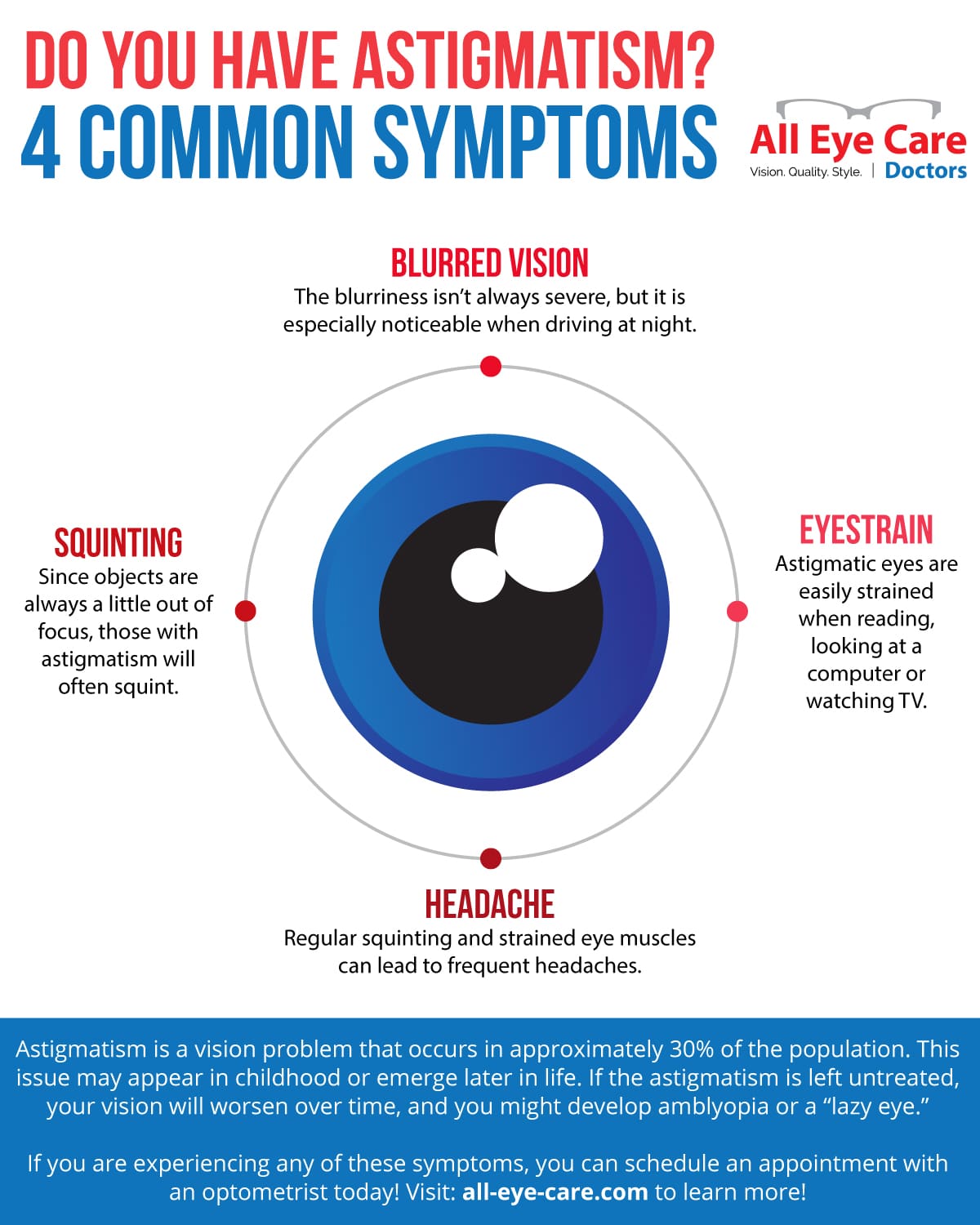A Caretaker'S Overview To Sustaining A Family Member With Cataract Surgical Procedure
A Caretaker'S Overview To Sustaining A Family Member With Cataract Surgical Procedure
Blog Article
Created By-Bynum Duke
As a caregiver sustaining a loved one facing cataract surgery, your duty is essential in guaranteeing their comfort and recovery. From pre-surgery preparations to post-operative treatment, your existence and help can make a substantial distinction in their journey. Understanding the emotional and physical difficulties they may run into, giving sensible help, and being their column of assistance are key elements in this procedure. Keep in mind, your duty exceeds just offering assistance; it has to do with being a source of strength and convenience during a significant phase in their life.
Recognizing Cataract Surgical Procedure Process
Exploring the actions associated with cataract surgical treatment can help reduce any type of anxiousness or uncertainty you may have concerning the treatment. Cataract surgical treatment is a typical and very successful procedure that includes eliminating the cloudy lens in your eye and replacing it with a clear man-made lens.
Before the surgery, your eye will be numbed with eye declines or a shot to guarantee you do not really feel any type of discomfort during the procedure. The cosmetic surgeon will certainly make a small cut in your eye to access the cataract and break it up utilizing ultrasound waves before very carefully removing it.
When the cataract is gotten rid of, the artificial lens will be inserted in its location. The whole surgical procedure generally takes about 15-30 mins per eye and is typically done one eye at once.
After the surgical procedure, you may experience some moderate pain or obscured vision, however this is regular and ought to enhance as your eye heals.
Preparing for Surgical Treatment With Each Other
To ensure a smooth and hassle-free experience, planning for cataract surgical treatment with each other can make a considerable difference in your liked one's trip. Begin by attending pre- Suggested Web page with them. By doing this, you can ask questions, comprehend the treatment, and provide emotional support.
Help them arrange their pre-operative guidelines, medications, and transport to and from the surgical facility. Make sure their home is ready for their recovery by establishing a comfy room with easy access to important items.
Assist them in arranging for post-operative care if required, such as aid with dishes or family duties. Urge them to adhere to the medical professional's advice relating to fasting prior to surgery and drug methods.
Guarantee them that you'll be there for them every action of the way. By proactively participating in the preparation procedure, you can minimize stress and anxiety and guarantee that your liked one feels supported and taken care of throughout this crucial time.
Post-Operative Care Tips
After cataract surgery, giving proper post-operative treatment is vital for your liked one's recuperation. Ensure they put on the protective shield over their eye as instructed by the doctor. Help them administer suggested eye drops and medicines on time to avoid infection and help healing.
Encourage cataract surgery when loved one to stay clear of touching or massaging their eyes, as this can cause problems. Aid them in following any limitations on bending, lifting heavy things, or taking part in exhausting activities to stop strain on the eyes. Make sure they go to all follow-up consultations with the eye medical professional for keeping track of progress.
Maintain the eye location tidy and completely dry, preventing water or soap straight in the eyes. Motivate your loved one to use sunglasses to protect their eyes from brilliant light and glare during the recovery procedure. Be patient and encouraging as they recuperate, providing help with everyday jobs as required.
Conclusion
Finally, supporting a liked one through cataract surgical treatment entails being there every step of the means, from pre-surgery preparations to post-operative treatment. Your emotional support, functional assistance, and support can make a considerable difference in their healing procedure. By remaining informed, arranged, and attentive to their demands, you can aid ensure an effective result and offer them with the comfort and peace of mind they need during this difficult time.
